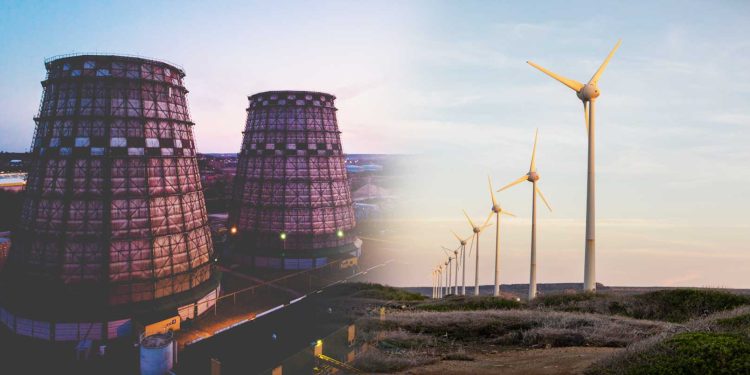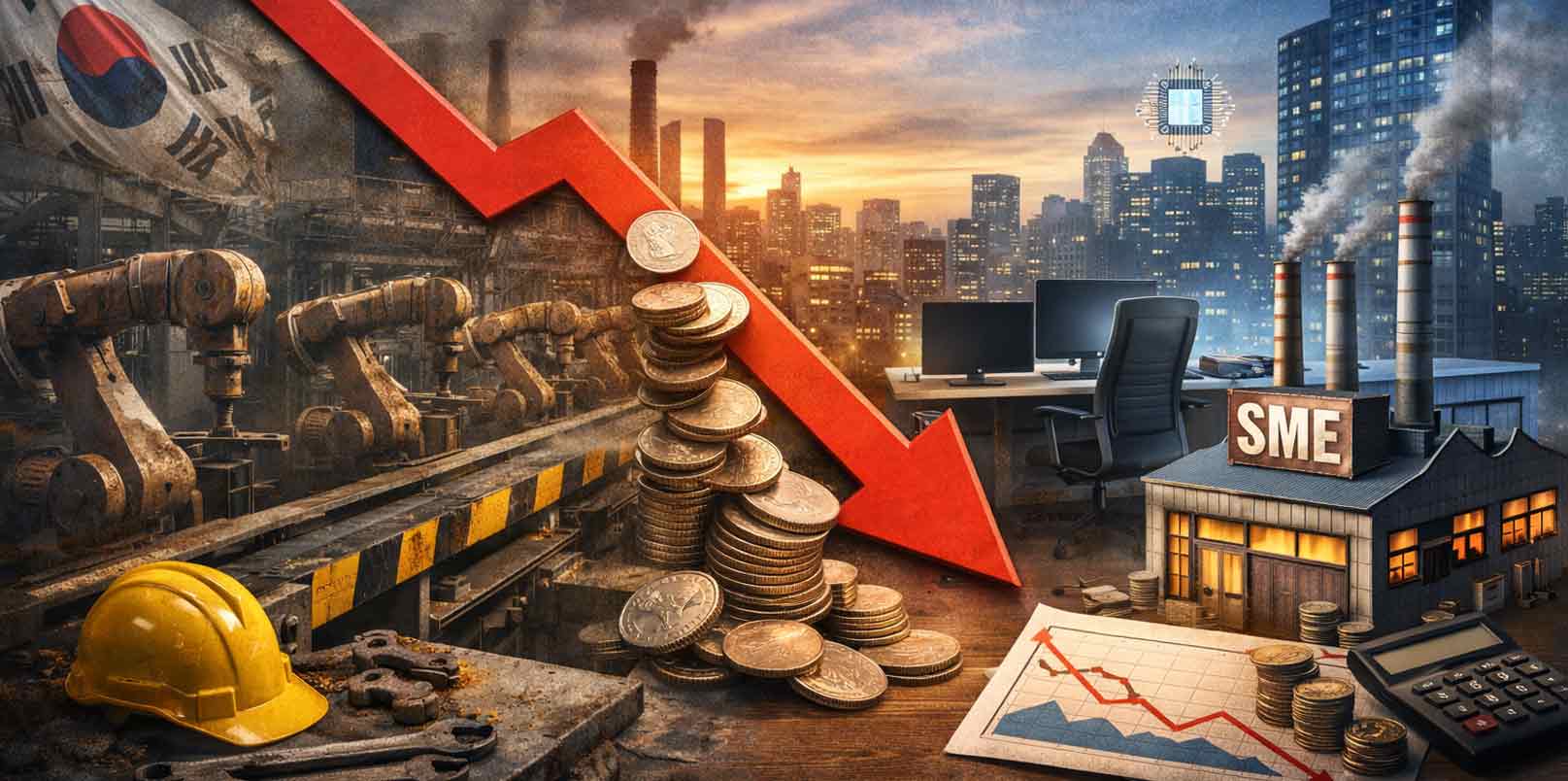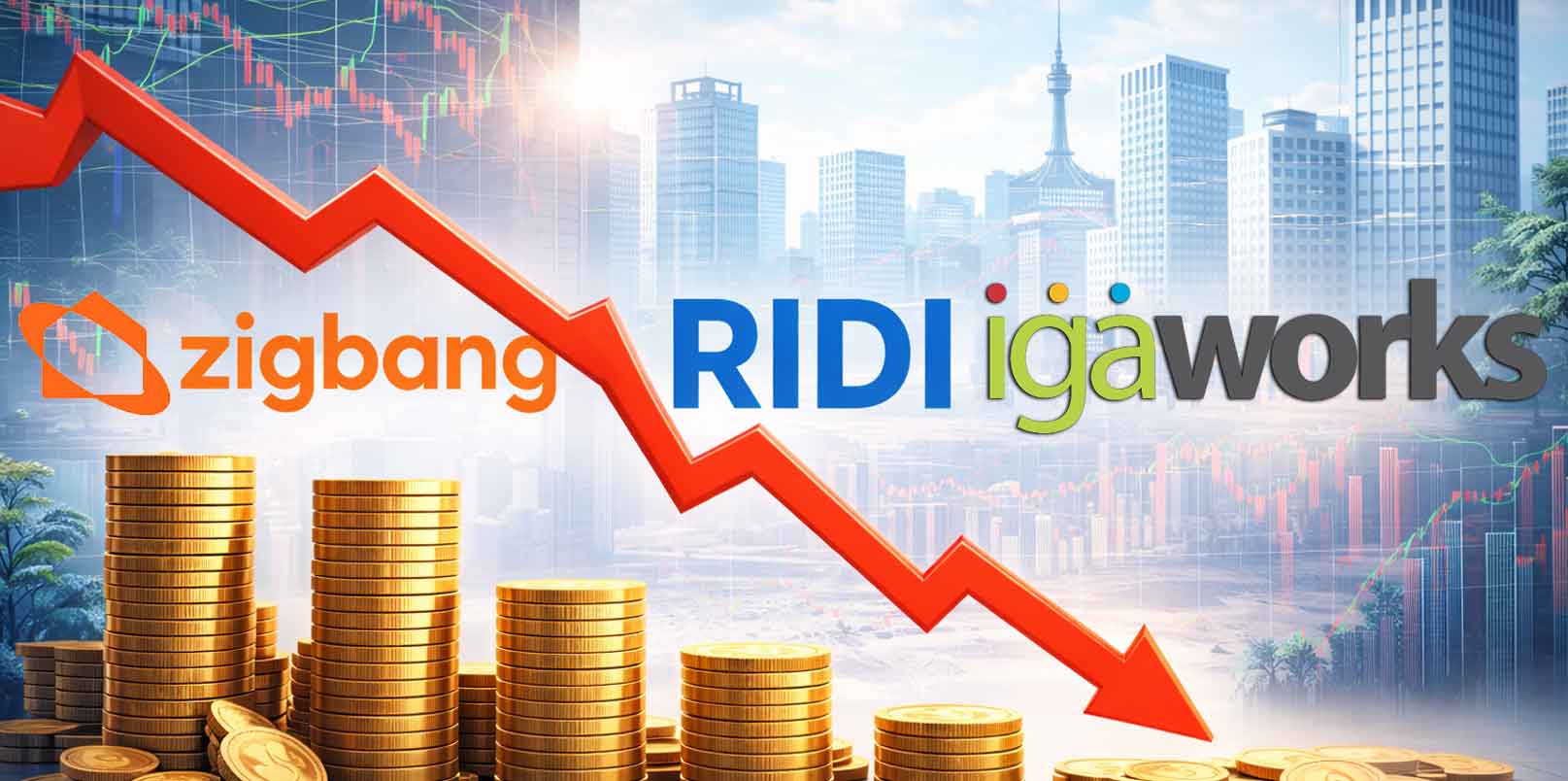As the world prepares for the energy demands of large-scale artificial intelligence infrastructure, global powers are shifting their energy strategies. The United States is reviving nuclear power with long-term investment plans to meet AI-driven electricity needs. South Korea, however, is doubling down on renewables, highlighting a growing policy divergence that could reshape national innovation trajectories.
U.S. Accelerates Nuclear Power Investments to Fuel AI Infrastructure
On September 9, reports highlighted a sharp contrast between American and Korean energy strategies.
The U.S. government under President Donald Trump is moving swiftly to expand nuclear capacity as part of its AI infrastructure strategy. The administration plans to grow nuclear power capacity from the current 100 gigawatts (GW) to 400 GW by 2050, including the construction of 10 new nuclear reactors by 2030.
In a policy move that underscores the intersection of defense and digital infrastructure, Trump has designated AI data centers as “critical national defense facilities,” mandating prioritized electricity allocation for their operations.
Simultaneously, major U.S. tech firms are aligning with this energy vision.
- Amazon has invested $500 million in X-Energy, a developer of small modular reactors (SMRs).
- Google has entered a power purchase agreement with nuclear startup Kairos Power for next-generation energy supply.
- Nvidia CEO Jensen Huang, during a visit to Taiwan earlier this year, urged the island’s government to abandon its nuclear phase-out and reinvest in nuclear power to remain competitive in the AI race.
Korea’s Energy Policy Shifts Toward Renewables, Not New Nuclear
In contrast, Korea’s Lee Jae-myung administration is emphasizing renewable energy expansion over nuclear revival. While continuing to support the safe operation of existing nuclear facilities, the government has reportedly shown little interest in constructing new ones.
A recent policy reorganization has transferred authority over nuclear power construction to the newly formed Ministry of Climate, Energy and Environment, while nuclear export functions remain with the Ministry of Trade, Industry and Energy.
Industry observers have then interpreted this restructuring as a soft return to “De-nuclearization, Season 2” — drawing parallels to Korea’s previous phase-out policy debates.
What Industry Leaders Are Saying
The divergence in U.S. and Korean strategies has drawn pointed observations from global tech leaders and policy experts. Their remarks underscore how energy choices today are directly shaping digital competitiveness.
Jensen Huang, CEO, Nvidia, remarked to the Taiwanese officials,
“Taiwan must invest in nuclear. The AI era requires energy certainty,”
Meanwhile, Trump administration policy shift brought industry interpretation and analysis,
“The U.S. is framing AI data centers as national defense infrastructure. It’s a clear signal that energy and digital policy must align,”
Therefore, Korea’s current energy strategy may directly influence its ability to attract AI data centers, cloud infrastructure, and digital investment in the years ahead.
Strategic Implications for Korea’s Startup and AI Ecosystem
The contrast in national energy strategies raises urgent questions for Korea’s startup and tech sectors. AI data centers, high-performance compute clusters, and blockchain operations all require high-density, stable electricity.
As other countries secure long-term baseload supply through nuclear investment, Korea’s renewable-first approach could present capacity and reliability risks for digital infrastructure.
While Korea leads in semiconductor production and AI model research, energy uncertainty may affect the country’s attractiveness for AI scaling, including cloud infrastructure, data center investments, and GPU-intensive R&D clusters.
In addition, nuclear-linked investment plays are reemerging in global venture portfolios:
- SMRs are now seen as dual-purpose: decarbonization tools and digital economy enablers.
- Korea’s existing strength in nuclear engineering could be under-leveraged in the global SMR market.
If Korea completely sidelines nuclear energy itself, it risks not only supply challenges but also missed economic and export opportunities in the AI-era energy landscape.
Recalibrating Energy Strategy in the AI Race
Korea’s renewed focus on renewables aligns with its long-term climate goals. But as global peers frame energy strategy as a core pillar of digital competitiveness, a critical reassessment may be needed.
For Korea’s startup ecosystem, the policy question is not renewables vs. nuclear in isolation — but how to ensure energy abundance, reliability, and scale for industries driving the Fourth Industrial Revolution.
As the AI economy accelerates, so too must the policy clarity on how Korea powers it.
🤝 Looking to connect with verified Korean companies building globally?
Explore curated company profiles and request direct introductions through beSUCCESS Connect.
– Stay Ahead in Korea’s Startup Scene –
Get real-time insights, funding updates, and policy shifts shaping Korea’s innovation ecosystem.
➡️ Follow KoreaTechDesk on LinkedIn, X (Twitter), Threads, Bluesky, Telegram, Facebook, and WhatsApp Channel.






